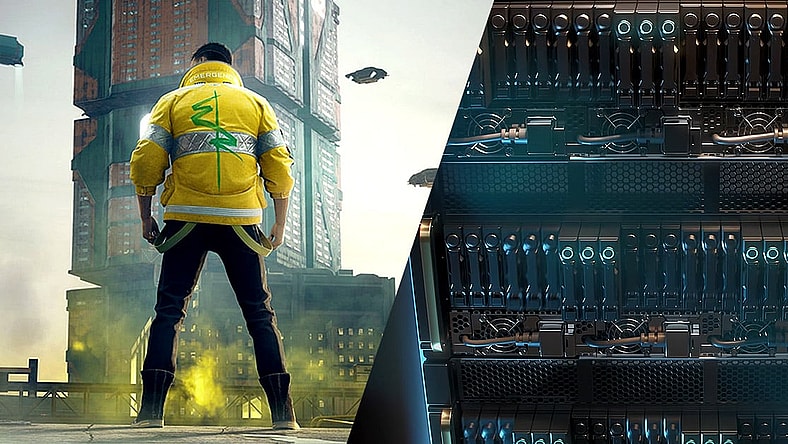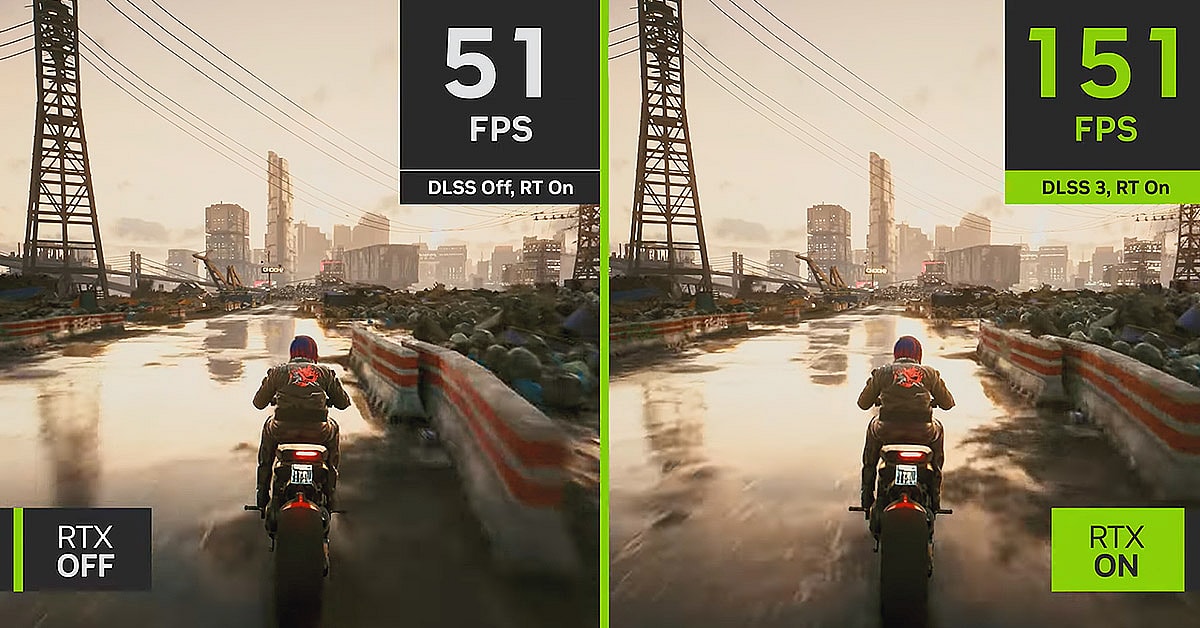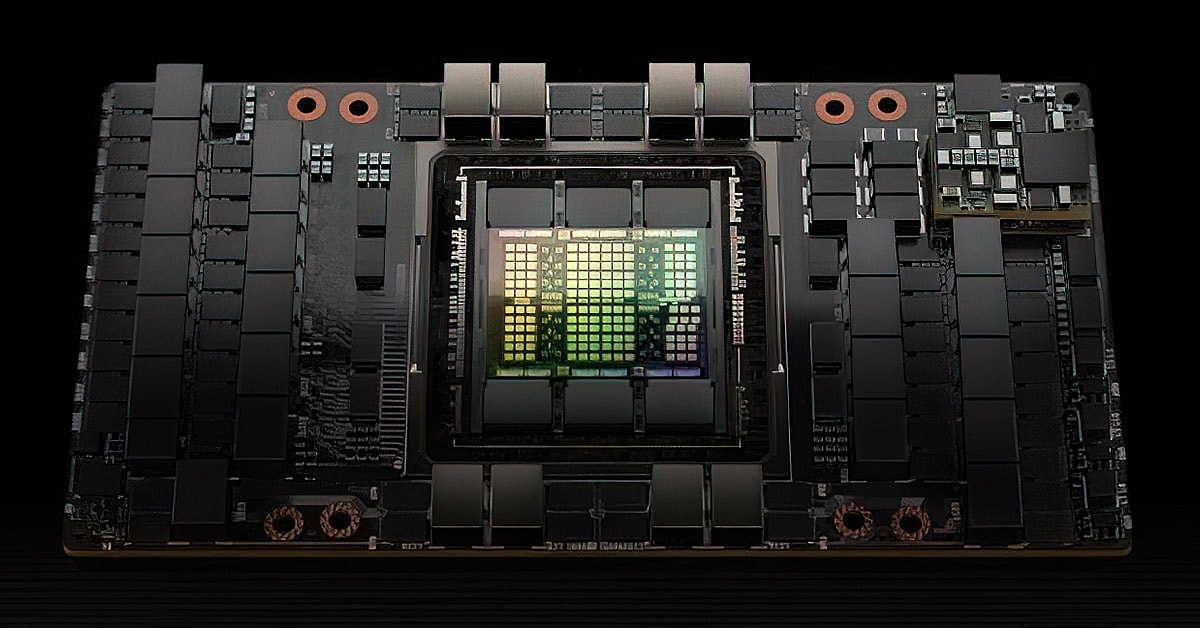Nvidia No Longer A Gaming Company After Shifting Market Focus

Nvidia made their name thanks to the powerful gaming GPUs we all know, and have a love/hate relationship with. Over the years, the company has evolved its hardware offerings to beat out rival contender AMD for the top spot on the video card list, and continued advancements in R&D have led to some astonishingly powerful products capable of revolutionizing gaming graphics as we know them.

The company’s GPU lines have also bridged the gap between video gaming and content creation, with gaming cards being utilized by 3D rendering programs, video editing software, and so much more. It was only a matter of time, then, that Nvidia would find itself chasing new opportunities in a completely different sector of the market, and it looks like the day has come.
In 2022, the gaming sector accounted for nearly $12.5 billion in total sales, culminating in 46% of total company revenue. That’s quite a feat, but it was nothing compared to what would come next. The encroaching advancement of AI technologies has opened up an entirely new vein for Nvidia to mine, and they aren’t hesitating. Today’s data centers are being powered largely by Nvidia GPUs, sporting chips capable of immense processing power and machine learning.

For instance, Nvidia’s H100 data center GPUs have become a hot commodity amongst entities like Microsoft and Amazon, in an effort to further advance AI development. Just one of those GPUs comes with a searing hot sticker tag of $40,000 dollars. It isn’t hard to do the math.
By the end of its fiscal third quarter at the end of October 2023, Nvidia had mined 80% of its total company revenue from the data center market; a 279% boost year over year. The company is now sitting on a $1.8 trillion dollar goldmine, of which more than half was gathered just in the last year.

This raises an important question as to the continued dominance of Nvidia within the tech sector. The company has been regarded in gaming circles as being notorious and predatory, especially where the price of its consumer gaming GPUs is concerned. This trend began to take shape in 2017 with the launch of the company’s iconic GTX 10-series cards, which saw prices soar well into the quadruple-digit range for the first time.
Consumer backlash began to manifest in full when the company launched its 30-series GPUs in 2020 to massive product shortages and back-breaking price tags. The company managed to claw back some good will from customers with the launch of the recent 40-series cards, but this latest news could trigger a new wave of resentment from gamers upset that a $1.8 trillion dollar company is charging heavy premiums for its products.

Whatever the case, one thing is for sure – Nvidia is no longer a gaming-focused company. With 80% of its revenue coming directly from the data center market, it remains to be seen if this new market focus will cause it to lose touch with the original market demographic that made it such a massive financial success. Even if such a thing comes to pass, it’s probable that Nvidia simply won’t care, given the huge profits they’re making in data center technology.
However, that scenario may not come to pass, especially given the company’s continued push for the development of DLSS technology, as well as the newly minted RTX Remix platform, which allows older games to be visually remastered and brought up to date with ease. Either way, Nvidia is bound to step on some toes as it attempts to juggle these two markets, so be prepared to watch some fur fly.
